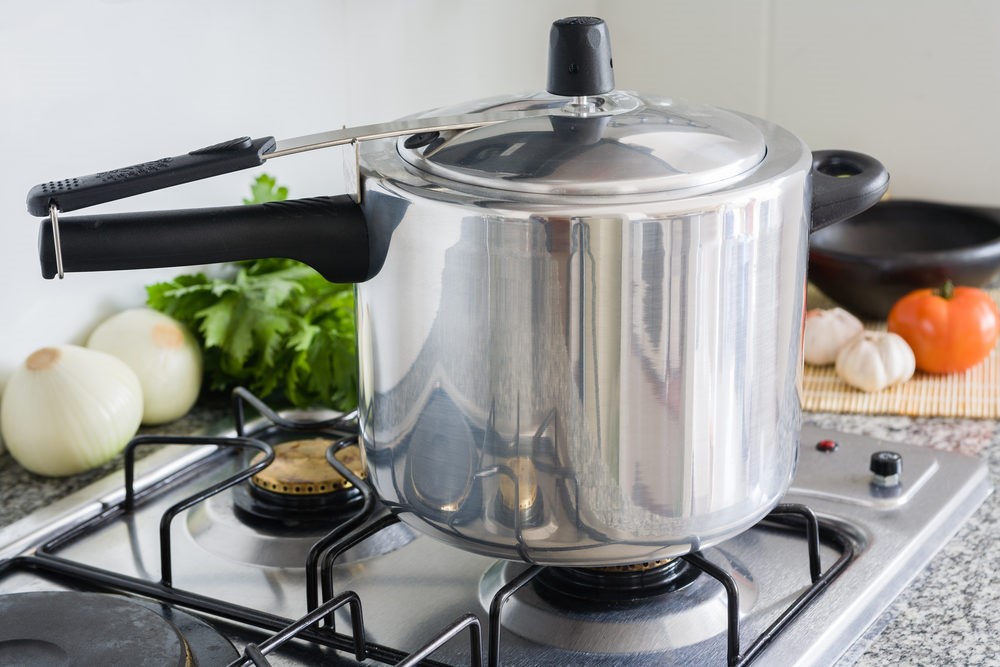How To Avoid Pressure Cooker Accidents?

Avoid Pressure Cooker Accidents
When it comes to the cooking appliance, a pressure cooker is common cookware found in almost all kitchens. When you do not have enough time and want to cook food within a short time, the pressure cooker will prove to be your great buddy. But, sometimes pressure cooker may create many problems and worst, can also explode & cause many accidents. Suppose you or someone in your family has ever suffered any injury from the exploding pressure cooker, then you must contact a lawyer who has the experience to handle pressure cooker lawsuits.
If your pressure cooker’s vent, lid, lock, seal, or rubber gasket is faulty, then your pressure cooker will explode and causing any injury or death to a person nearby. Anyone who has ever experienced such an explosion from a pressure cooker has suffered amputations, burns, concussions, blindness, disfigurement, and broken bones, and not to mention home damage.
There’re many kinds of products that may cause injuries, and product liability lawsuits, which provide compensation for the injury-resulting defective products fall in the given categories.
What Can Result in Pressure Cooker Explosions?
If you want to avoid the pressure cooker explosion, then it is important to check out what causes it, and this comes down to 2 main things: faulty tools or equipment & not following the right recipe. Before you start cooking, you must check the rubber gasket on the pressure cooker just to ensure it is not dry & does not have any kind of cracks and check to ensure that vents are not blocked by running warm water through it. Listed are a few common mistakes that many people make while varying from any recipe. We will go through them and know how they may lead to the pressure cooker explosion.
- Never Overfill Your Pressure Cooker
For some foods, never fill your pressure cooker above two-thirds full, just to avoid any possibility of the food blocking in its vents. Certain foods such as grains and beans that swell when they are cooked, must fill just half of your cooker.
- Do Not Add Oil
Cooking oils like canola or olive oil will increase the temperature inside your pressure cookers, and it can cause the safety features, latches, and seals to melt. This will result in fires. Hence, you need to be very careful when adding oil.
- Wrong Locking Methods Used
Locking the pressure cooker before you let it cook is important. If you are using pressure cookers daily, then there are chances the locking mechanism may wear out. In the older pressure cookers, markings for the right locking wear out with time hence you cannot lock it in the right way.
Even pressure seals or rubber insulation may run out. Because of the continuous opening & closing of your cooker, rubber insulation gets cut and damaged. Many users, particularly beginners, cannot lock their lids rightly hence heat escapes from your cooker. It can affect the quality of food too.
- Check Your Appliance Before Using
Before you use the cooker, you must check the gasket and sealing ring just to ensure there is not any crack. You must change the rubber gasket from time to time, and keep your eye on it. Make sure you keep it clean & ensure there’s not any food left or dried off on a ring.
- Clean Your Pressure Cooker Properly
Remove its rubber gasket and clean it separately, with your lid and pot. Clean valve with the wooden toothpick, ensuring it moves freely & is not stuck. Store your cooker with its lid upside down over a pot, instead of locked in one place.
- Cooking Food At An Inappropriate Temperature
It will be a bit tricky if you are using the stovetop cooker than the electric one, however, the result will be the same. Suppose cooked at a high temperature, contents of your cooker will create a lot of pressure & lead to an explosion. You must check the recipe & follow this to a tee to make sure you have a delicious meal when done.
Final Words
The pressure cooker lawsuits are generally filed against any parties along its distribution chain of the product, which caused this injury. This generally includes the retailer, manufacturer, wholesalers, suppliers, or any distributors who have helped to bring this product to the market.





